On 31st December 2021, the CentOS project makes the shift to CentOS Stream – a rolling release that will serve as the upstream version for future releases of Red Hat Enterprise Linux (RHEL). Sadly, CentOS 8, which was to enjoy support until 2029, will come to an abrupt and premature end. The imminent demise of CentOS has caused disquiet and consternation among CentOS lovers and the community at large.
As you know, CentOS is a fork and RHEL and packs with all the goodies that are provided with RHEL at absolutely no cost. For this reason, it has been used for quite a while in server environments especially by small businesses. If you have been using CentOS, especially in server environments, you may feel betrayed and not know the next course of action.
One of the options you can take is to migrate to CentOS Stream. However, this is not recommended especially for production environments. Your best bet is to opt for other distributions that are stable & reliable for production environments. And this is what we are going to cover in this guide.
Here are some of the alternative distributions you can consider as curtains close on CentOS.
1. AlmaLinux
Developed by Cloud Linux, AlmaLinux is an open-source operating system that is 1:1 binary compatible with RHEL and is supported by the community. It was developed to fill in the void that will be left after the demise of the CentOS project.
AlmaLinux is completely free without any usage restrictions. It was developed to handle enterprise-grade workloads, and hence comes recommended for server environments and for handling critical workloads.
At the moment, the latest stable release is AlmaLinux 8.4. If you are yet to deploy CentOS 8 on your servers, consider installing AlmaLinux 8.4 instead. If you are already running CentOS 8, you can easily migrate to AlmaLinux 8.4 using an installation script instead of starting all over with the installation.
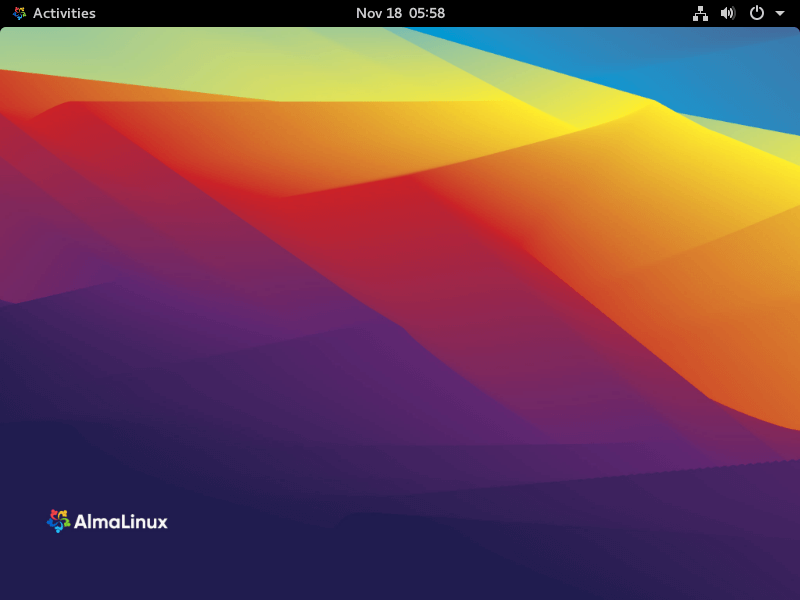
Rocky Linux (Under Development)
Another suitable replacement for CentOS is Rocky Linux, which is a community enterprise OS that is 100% compatible with RHEL. The project is currently under the stewardship of Gregory Kurter, one of the founders of the CentOS project. The name ‘Rocky’ is a tribute to the late co-founder of the CEntOS project – Rocky McGaugh.
At the moment, only the release candidate is available for download – Rocky Linux 8.3 RC 1. This is a beta version and should not at any point be used in production environments.
However, the development team has given their word that they are working round the clock to provide a stable version in the near future that will be a suitable replacement for production workloads. The community is in anticipation of the stable release before CentOS becomes EOL by December 2021.
3. Springdale Linux
Previously known as Princeton University Institute for Advanced Study, Springdale Linux (SDL) is a complete fork of RHEL. It’s a project of Princeton University and is a complete OS that can be used either as a desktop or server distro. It packs with all the upstream packages and provides other repositories not included in Red Hat.
The latest version is Springdale Linux 7.9 and there is no equivalent for RHEL 8 as yet, which points to the slow pace of development. Springdale is currently maintained by Princeton University and Institute for Advanced Study.
4. Oracle Linux
Oracle Linux is yet another distribution that you could count on as a possible replacement for CentOS. It is freely distributed by Oracle and made available under a partial GNU GPL license.
Oracle Linux is engineered to provide reliability, exceptional performance, and security for open cloud infrastructure. As pointed out early, it’s completely free to download, use and redistribute.
The current version is Oracle Linux 8.4. If you are running CentOS 7 or CentOS 8, a migration script is available to help you make the shift to Oracle Linux from CentOS.
With exception of Rocky Linux which is still under development, these are some of the RHEL alternatives that you can leverage to provide enterprise-grade support and bridge the gap left by CentOS.
Other non-RHEL distros that could equally come to the rescue in production workloads include:
Although package management for the distributions is very different from RHEL & CentOS, These distros provide the rock-solid stability and reliability required for production workloads.

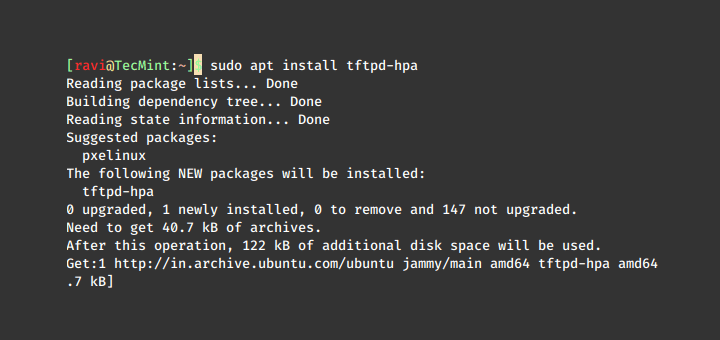
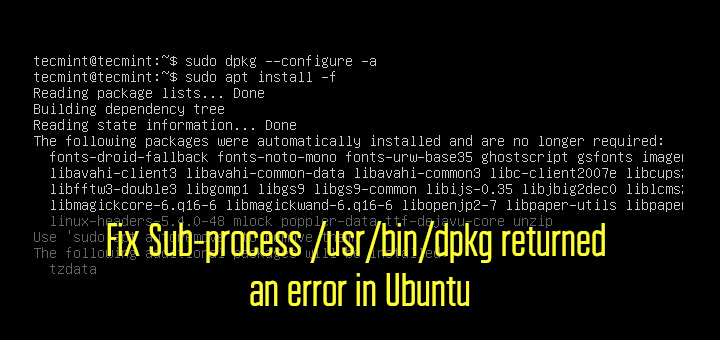

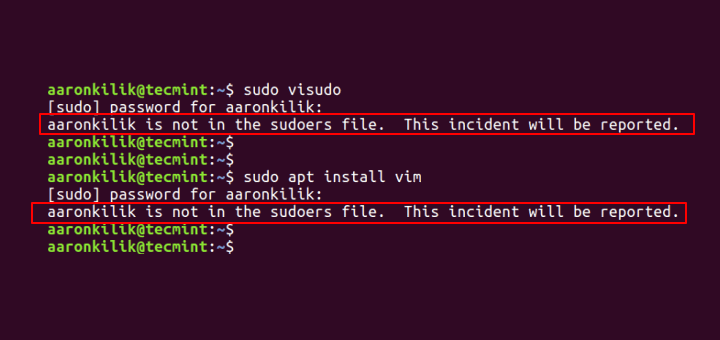
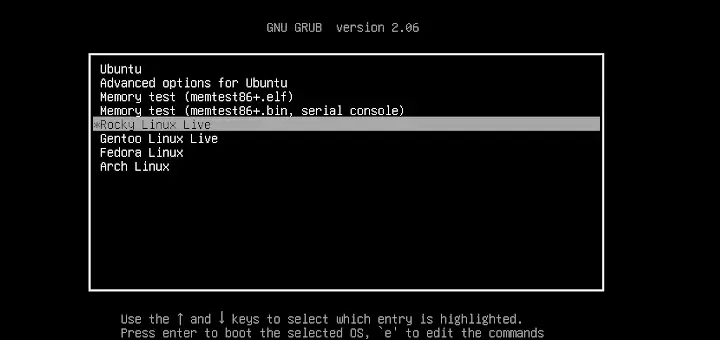
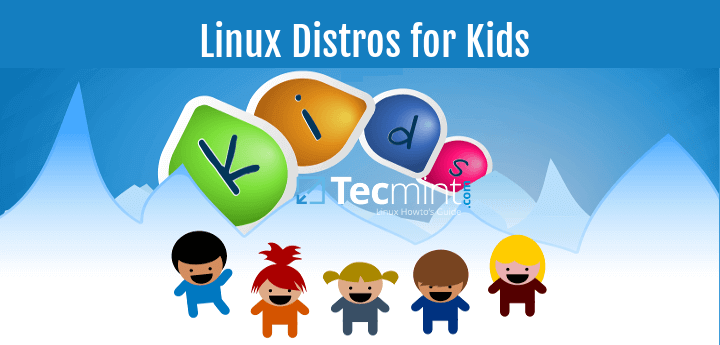
Where’s EuroLinux?
One alternative is not mentioned here. Virtuozzo also has a 100% RHEL binary compatible Linux called VzLinux.
Maybe you can also take a look into that.
Thanks a lot for this post.
Among these distros, what is the most similar to CentOS?
@Chris,
Rocky Linux and AlmaLinux both are clones of CentOS 8.